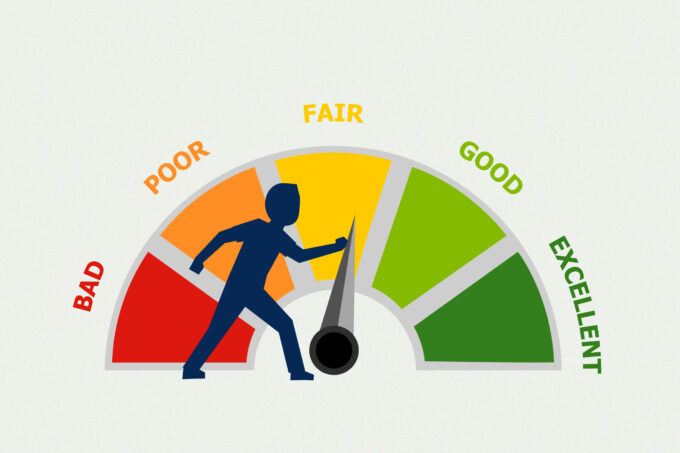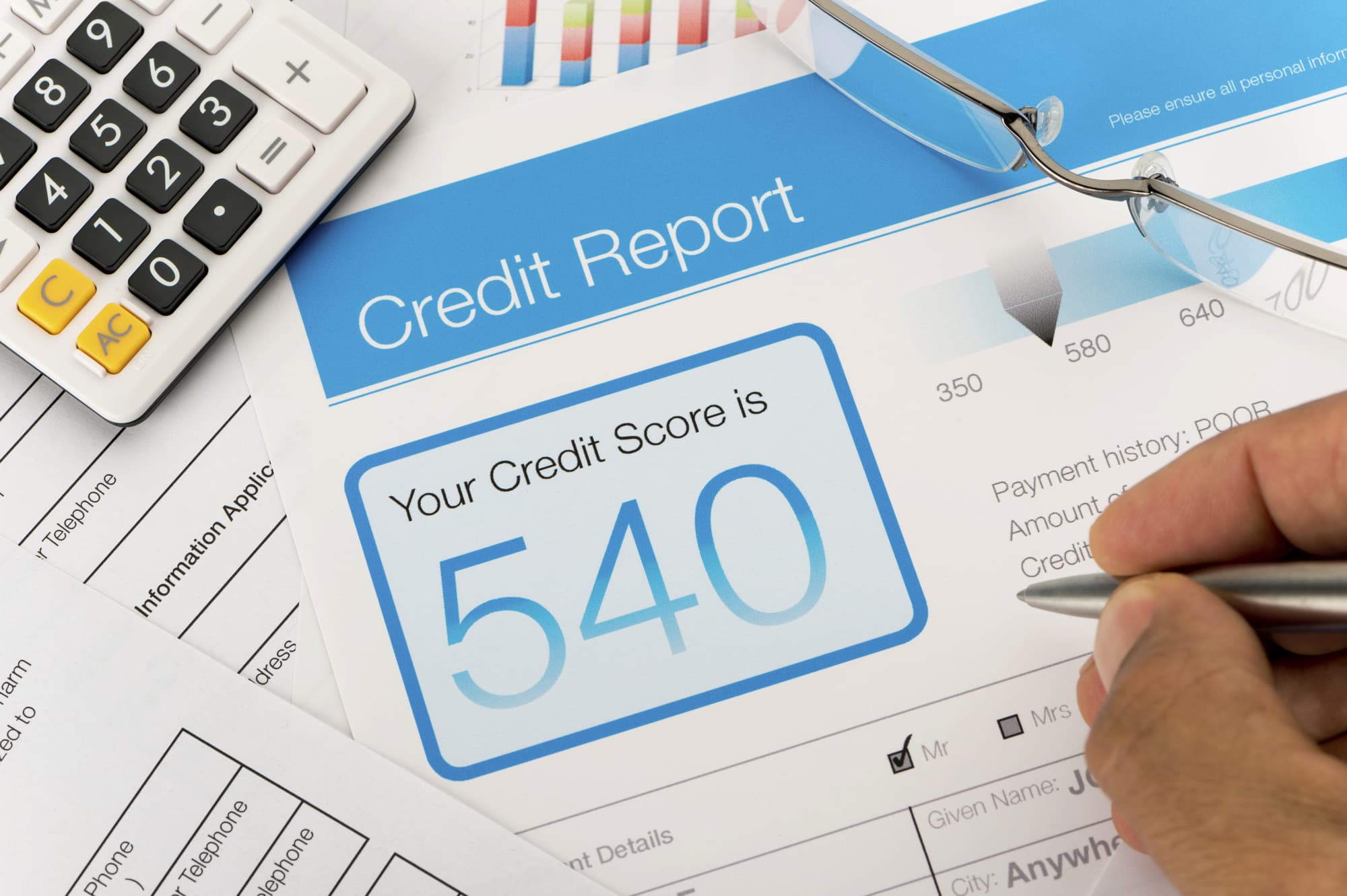Credit scores are important for many reasons, not the least of which is that they can determine your eligibility for loan products and services. If you’ve had a bad experience with your score in the past, you may be wondering how to improve it as quickly as possible. In this article, we’ll take a look at three ways to improve your credit score in record time.
What is credit?
It is a financial record of a debt or an agreement to pay the money back. A credit score is a number that reflects your worthiness.
A good history can help you get approved for a loan, save on interest rates, and qualify for insurance. Bad loan history can make it difficult to get approved for loans, save on interest rates, and qualify for insurance.
There are several things you can do to improve your score: -Pay your bills on time -Keep your credit file updated -Avoid using negative information in your applications -Monitor your score regularly.
Credit scoring models use different factors to calculate a score, so there is no one-size-fits-all approach to improving your score. However, some key steps include paying your bills on time and maintaining a good history.
Some companies like Philadelphia Credit Repair Company which can be found on coultercredit.com, offer good advice and services that help you repair your loans as well as get some new ones.
What is a credit score?

It is a tool used by lenders to rate a borrower’s creditworthiness and how risky it is for a lender to loan you money. A high one means you’re likely to pay back your loans on time, and the lender may be willing to give you a lower interest rate. A low credit score can mean you’re more likely to default on your loans.
There are three main factors that affect this: how much debt you owe, how long it has taken you to pay that debt off, and the quality of your loan history.
There are several ways to improve your loan score. Here are three tips:
1) Pay your bills on time. This will show lenders that you’re capable of managing your debt responsibly.
2) Keep your credit utilization low. This will show lenders that you’re not spending too much on unnecessary expenses that could hurt your score.
3) Keep your history clean. This will help you build a good reputation with lenders and make it easier to get approved for future loans and Credit Card applications.
Factors That Affect Your Recovery Time

- Age of your credit file
- Amount and type of debt on your file
- Length of time since you last paid off your debt
- History of payments on your file
- Income and financial stability
- Use of available credit
- Personal characteristics and habits that may affect your loan recovery time
Age is a major factor in determining how fast you can recover your loan score. Your score is based on the average age of your accounts, so older debts are weighted more than newer debts in calculating your score. The length of time since you last paid off your debt also plays a role in how quickly you can rebuild your credit history. If you have a long history of making on-time payments, the debt may be less likely to show up on search engines or lenders’ screens as a cause for concern. Finally, personal characteristics and habits – such as whether you use a lot of credit regularly or have an irregular payment history – can also impact how quickly your score recovers.
How Long It Takes to Recover Your Score

There is no one answer to this question, as the time it takes to recover will vary depending on your individual situation. However, in general, it can take up to six months for your credit score to rebound completely from a negative occurrence. Additionally, you may need to take specific actions, such as paying off any outstanding debt, in order to improve your credit score and speed up the process of recovering it.
Steps to Take to Improve Your Rating
If you want to improve your credit rating, there are a few things you can do. The most important thing is to keep your loan reports updated. This means checking your rating regularly and correcting any errors that show up. You can also get a credit monitoring service to watch for signs of fraud or misuse of your account. If there’s ever a problem, take steps to fix it as quickly as possible. Here are some tips on how to improve your credit rating:
- Get organized. Keep all of your financial documents in one place so you can easily find information about your history and score. This includes copies of your Credit report, recent loan applications, rent receipts, and other relevant documents.
- Pay your bills on time. Missing or late payments can damage your rating and result in higher interest rates on future loans. Not only will this burden you financially, but it could also hurt your standing with lenders in the future.
- Use a credit score simulator to see how changing certain behaviors can impact your score. This can help you identify which actions might be necessary to improve your rating.
- Educate yourself about the scoring model used by lenders.
Conclusion

If you have had any type of credit issue, you know that it can be difficult to get your life back on track. It can be tough when something goes wrong, and your score takes a hit as a result. Thankfully, there are steps you can take to improve your loan score and recover quickly from any negative event. By following the tips listed in this article, you will be on the right track to restoring your rating and rebuilding your life. Finally, remain positive and stay patient – as with most things in life, taking the time necessary will pay off in the long run.









